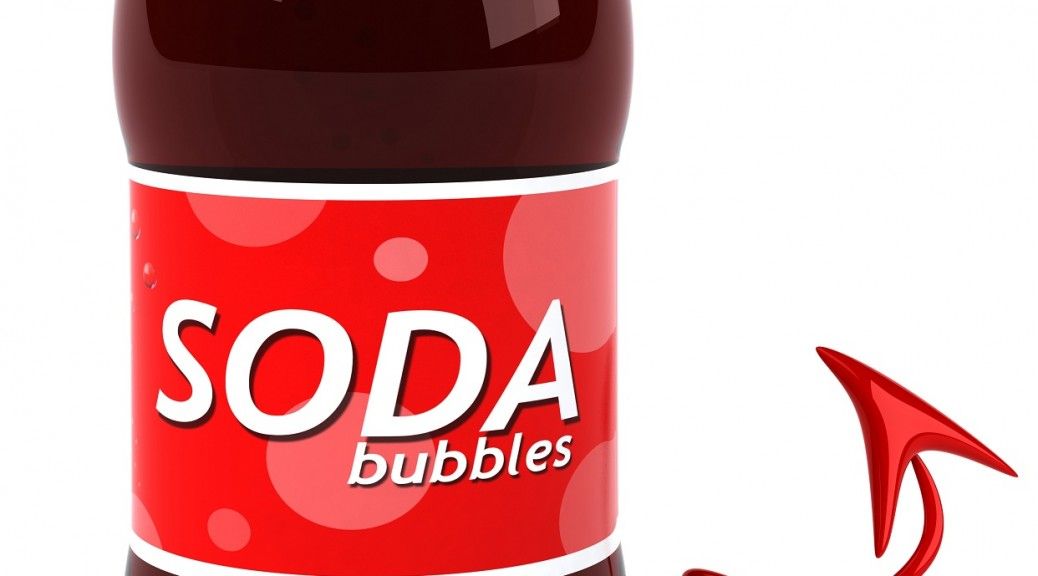
Previous
Exercise for Chronic Liver Disease

Next
Third-Hand Smoke Is a Liver Disease Foe
New Research: Blocking Fructose from Causing a Fatty Liver
Eating a lot of sugar can accelerate fat accumulation in the liver and initiate metabolic syndrome, but a new study may have found a way around this dilemma.
Experts estimate that 20 to 33 percent of American adults have nonalcoholic fatty liver disease (NAFLD), an increasingly common condition associated with obesity, diabetes and metabolic syndrome. Although several lifestyle practices protect against NAFLD and prevent it from getting worse, there is currently no therapeutic agent for stopping this disease. However, researchers from St. Louis may have discovered a novel way to prevent nonalcoholic fatty liver disease.
About NAFLD
Nonalcoholic fatty liver disease (NAFLD) is one of the most common causes of chronic liver disease. Encompassing a spectrum of conditions associated with fat accumulation in the liver that is not related to drinking alcohol, NAFLD ranges from:
- Steatosis – simple fatty liver without inflammation or liver injury
- Nonalcoholic steatohepatitis (NASH) – fatty changes with inflammation and liver injury or fibrosis
- Advanced fibrosis and cirrhosis – a progression of liver disease where fat accumulation has led to significant liver injury and scarring
Studies suggest that although simple steatosis is a benign condition, NASH can progress to fibrosis and lead to end-stage liver disease. The disease is mostly silent and is often discovered through elevated liver enzyme levels. NASH cirrhosis is now one of the leading indications for liver transplantation in the United States.
Nonalcoholic fatty liver disease often accompanies obesity, elevated blood sugar, high blood pressure and other markers of metabolic syndrome. Metabolic syndrome describes a cluster of conditions (such as insulin resistance, abdominal obesity and high triglycerides) that raise your risk factor for heart disease, diabetes and stroke. Lifestyle experts claim that despite NAFLD’s growing presence, it is preventable through eating a healthy diet and getting regular exercise.
The New Research
By studying mice, scientists from Washington University School of Medicine in St. Louis may have found a way to prevent nonalcoholic fatty liver disease, the most common cause of chronic liver disease worldwide. Information relating to the Washington University School of Medicine study is described below:
- Fructose is a type of sugar found in many commonly consumed foods such as fruit, soft drinks, and many processed foods and beverages in the form of high fructose corn syrup.
- Fructose is processed in the liver and stored there as fat in the form of triglycerides.
- A molecule called GLUT8 carries large amounts of fructose into liver cells.
- GLUT8 is in the outer membrane of liver cells.
- Blocking GLUT8 stops fructose from entering liver cells and protects against nonalcoholic fatty liver disease.
According to study author Brian J. DeBosch, MD, PhD, “Fatty liver disease is a major topic of research right now. There are competing hypotheses about the origins of metabolic syndrome. One of these hypotheses is that insulin resistance begins to develop in the liver first. The thought is if we can prevent the liver from becoming unhealthy to begin with, maybe we can block the entire process from moving forward.”
Blocking fructose from entering the liver may seem to be an ideal direction for drug development, but this approach raises another concern. Primarily, if the fructose does not enter the liver, does it permeate the surrounding tissue? The female animal subjects in this study did not develop NAFLD when GLUT8 was blocked, but some of the males still exhibited signs of fat accumulation in the liver. Interestingly, the females fed glucose with GLUT8 blocked had healthy livers but exhibited signs of metabolic syndrome elsewhere in the body. Obviously, our understanding of how GLUT8 works and the relationship between glucose and nonalcoholic fatty liver disease requires more investigation.
Until more progress is made in the field of protecting people against metabolic syndrome and NAFLD, the solution seems obvious; minimize fructose consumption. Since it raises the risk of nonalcoholic fatty liver disease, insulin resistance, obesity, high triglycerides, high blood pressure and elevates blood sugar levels, eliminating fructose from the diet appears to be the best – and safest – way to prevent nonalcoholic fatty liver disease and metabolic syndrome.
http://medicalxpress.com/news/2014-06-fatty-liver-disease-mice.html, Fatty Liver Disease Prevented in Mice, Julia Evangelou Strait, Retrieved June 8, 2014, Medical Xpress, 2014.
http://timesofindia.indiatimes.com/home/science/Scientists-find-way-to-prevent-non-alcoholic-fatty-liver-disease/articleshow/36045688.cms, Scientists Find Way to Prevent Non-Alcoholic Liver Disease, Kounteya Sinha, Retrieved June 8, 2014, Bennett, Coleman & Co. Ltd., 2014.
http://www.clevelandclinicmeded.com/medicalpubs/diseasemanagement/hepatology/nonalcoholic-fatty-liver-disease/, Nonalcoholic Fatty Liver Disease, Emily Carey, et al, Retrieved June 8, 2014, The Cleveland Clinic Foundation, 2014.
http://www.jbc.org/content/289/16/10989, Glucose Transporter 8 (GLUT8) Mediates Fructose-induced de Novo Lipogenesis and Macrosteatosis, Brian J. DeBosch, et al, Retrieved June 8, 2014, The Journal of Biological Chemistry, April 2014.






